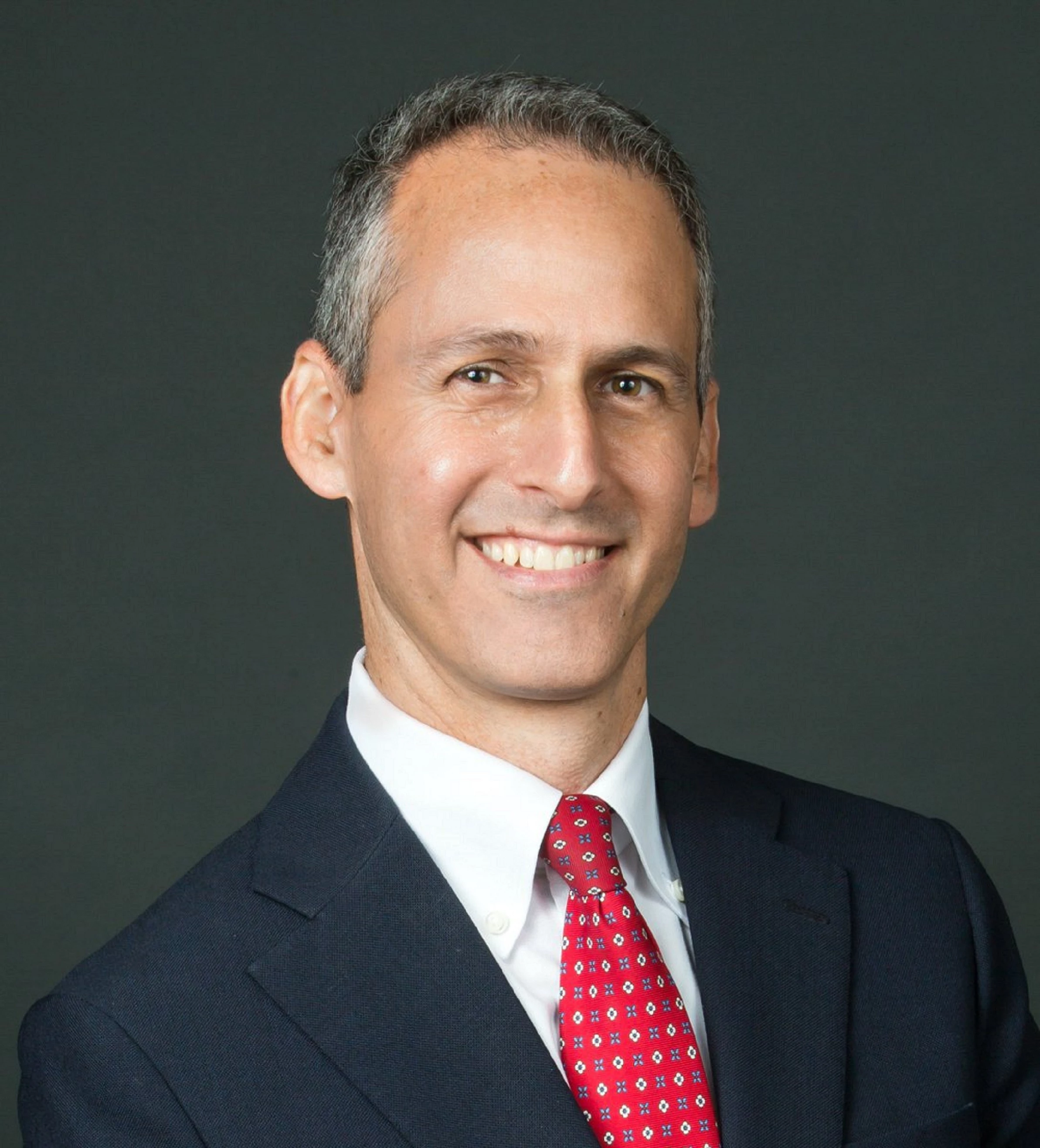
Partner Article
Amazon’s Investment in Deliveroo is Classic Bezos
Amazon is about to lead a $575 million funding round in the UK based food delivery company Deliveroo. In a press release Deliveroo said it would use the new financing to grow the engineering team based in its London headquarters, to expand its delivery reach in order to service new customers and to support innovations in the food sector, through delivery-only super kitchens, also known as “dark kitchens”.
This is an exciting announcement for several reasons, but most of all because this is an interesting experiment by Amazon in two areas where the firm has seen limited success: food delivery and the United Kingdom (or almost any global market). Amazon is taking an admittedly limited and experimental approach to breaking into these two important and promising markets, hoping to reverse course and move on from previous failures. But Amazon is precisely the firm to admit that earlier approaches have not worked.
Let’s start with Amazon and its success globally (or lack thereof). While Amazon’s share of retail e-commerce sales, as a percentage of total retail e-commerce sales, is around 52% in the US and growing rapidly (from 38% in 2016), the same percentage, is approximately 5.7% in non-US markets, and has remained at that level since 2016. For a firm that is known for its reliance on building scale quickly and then using it to dominate the rest of the industry, this is an alarming statistic. According to eMarketer Amazon has fallen far behind Alibaba in China and lags Flipkart in India, making the EU and UK markets even more critical.
Another area where Amazon has struggled is food delivery. Amazon Restaurants’ (a Postmates/Doordash/Uber Eats competitor) closed down last week in the US and is virtually nonexistent in any other market. Amazon shut down Amazon Restaurants in the UK last Autumn. The trends are clear: more people order food using delivery services. While there is quite a bit of skepticism after the Uber IPO, its S-1 filing taught us that Uber Eats is actually the more profitable part of Uber.
Furthermore, analyzing the financials of the Chinese competitor, Meituan Dianping, reveals a significant network effect both on the customer side as well as on the drivers’ side, which means that even though Deliveroo is not currently profitable, with enough traction on both the customer and the delivery people side (and enough cash) one could make the business profitable. As a bonus it’s clear to outside observers that delivery people can be used to deliver many other products, from prescription medicines to office supplies, essentially utilized as the coveted last-mile delivery.
This bring me to the final point: I see Amazon’s investment as part of a broader approach to food. In other words, this investment in not unrelated to Amazon’s acquisition of Whole Foods. When Amazon acquired the grocery chain, it admitted that it had to change its whole approach to food delivery and that unlike retail, consumer behavior in the food sector is not going to transition quickly to online-only. The firm is currently lagging in the US when compared to Instacart, and again, not doing well in other markets. Deliveroo’s investment in “dark kitchens” as well as its access to delivery people may provide Amazon with the additional logistics and modality needed to serve that market, initially in the UK, and then globally.
So why invest and not acquire and why the UK and not the US? Deliveroo’s main competitors in the US are too expensive, so the UK market can serve as a laboratory to test and build the model, before potentially importing it to the US. Deliveroo has developed a small but enviable global reach, operating in 500 towns in 14 markets, opening the door to other markets.
In the end, the Deliveroo investment is quintessential Jeff Bezos: it fits his “two-way doors” philosophy in which reversing a decision is always an option and it fits his goal of sequential and repeated experimentation. In fact, some might say Bezos’ investment in Deliveroo is as exciting as his goal to send people into outer space, albeit with far better dining options.
Gad Allon is the Director of the Jerome Fisher Program in Management & Technology and Professor of Operations, Information & Decisions at the Wharton School of the University of Pennsylvania. He is also one of the key faculty presenters at the Wharton Global Forum London, June 27-28.
This was posted in Bdaily's Members' News section by Gad Allon .








 Raising the bar to boost North East growth
Raising the bar to boost North East growth
 Navigating the messy middle of business growth
Navigating the messy middle of business growth
 We must make it easier to hire young people
We must make it easier to hire young people
 Why community-based care is key to NHS' future
Why community-based care is key to NHS' future
 Culture, confidence and creativity in the North East
Culture, confidence and creativity in the North East
 Putting in the groundwork to boost skills
Putting in the groundwork to boost skills
 £100,000 milestone drives forward STEM work
£100,000 milestone drives forward STEM work
 Restoring confidence for the economic road ahead
Restoring confidence for the economic road ahead
 Ready to scale? Buy-and-build offers opportunity
Ready to scale? Buy-and-build offers opportunity
 When will our regional economy grow?
When will our regional economy grow?
 Creating a thriving North East construction sector
Creating a thriving North East construction sector
 Why investors are still backing the North East
Why investors are still backing the North East